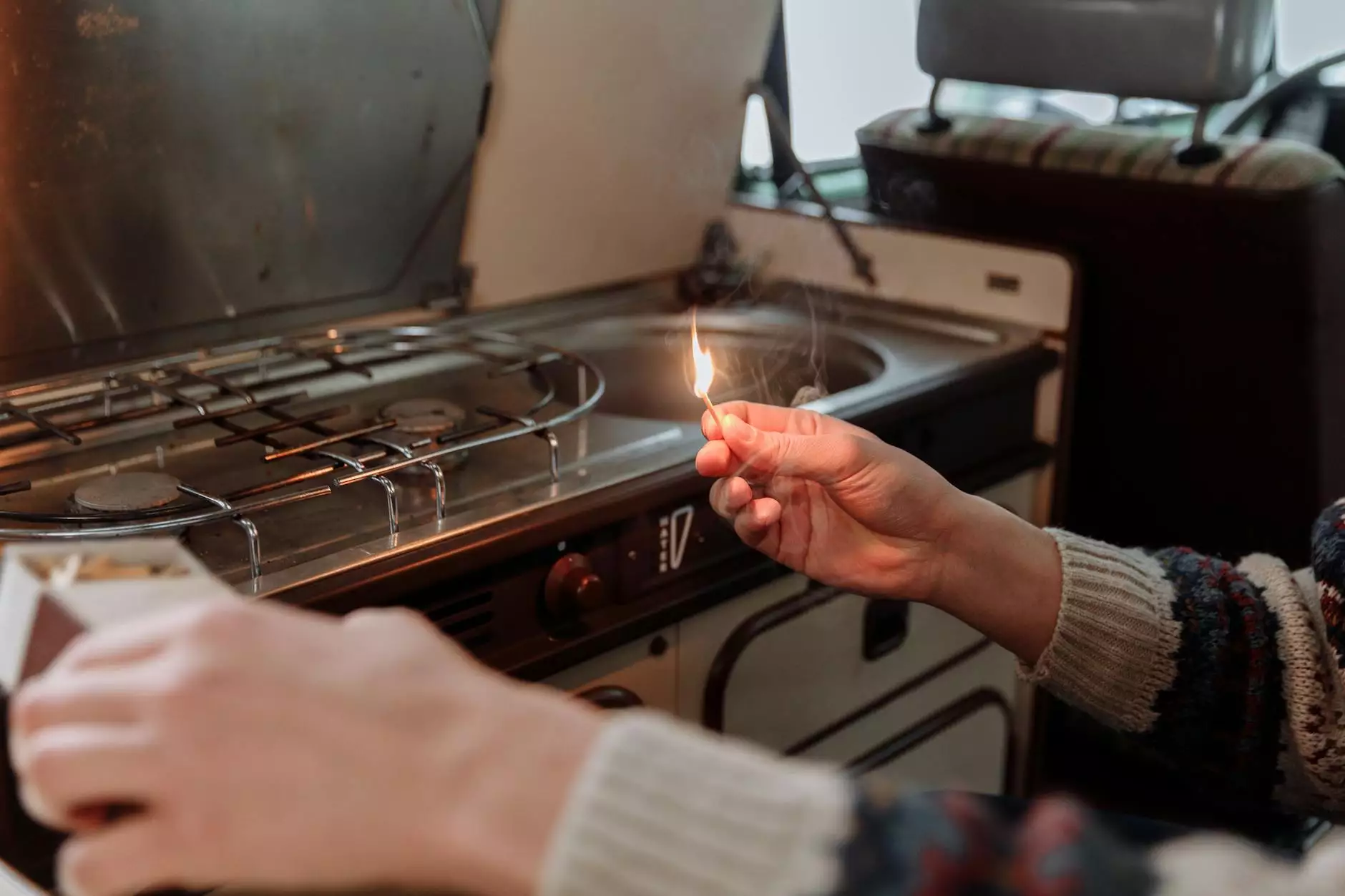Understanding Severe Teeth Grinding

Severe teeth grinding, known medically as bruxism, is a common yet often overlooked issue that affects a significant number of individuals. This article aims to provide comprehensive insights into the causes, effects, and potential solutions for those who suffer from this condition. By gaining a deeper understanding of severe teeth grinding, individuals can take the necessary steps to protect their dental health and improve their quality of life.
What is Severe Teeth Grinding?
Severe teeth grinding refers to the involuntary clenching and grinding of teeth, which can occur during the day (awake bruxism) or at night (sleep bruxism). This condition can lead to a variety of dental and health complications, making awareness and management crucial.
Types of Bruxism
- Awake Bruxism: This occurs when a person is awake and consciously or unconsciously grinds or clenches their teeth, often generated by stress or anxiety.
- Sleep Bruxism: This type occurs during sleep and is usually associated with other sleep disorders, such as snoring or sleep apnea.
Causes of Severe Teeth Grinding
Understanding the underlying causes of severe teeth grinding is essential for effective management. Here are some common causes:
1. Stress and Anxiety
Emotional stress and anxiety play a significant role in bruxism. Many individuals subconsciously grind their teeth during stressful situations as a coping mechanism. Managing stress through techniques such as meditation, yoga, or professional counseling can be beneficial.
2. Misaligned Teeth
Malocclusion, or misalignment of teeth and jaws, can lead to grinding. When teeth do not fit together properly, it can cause the jaw to exert pressure, resulting in clenching and grinding. Seeking orthodontic evaluation can help address these issues.
3. Sleep Disorders
Individuals with sleep disorders, particularly those who snore or have sleep apnea, are at a higher risk for sleep bruxism. Treating underlying sleep problems can significantly reduce grinding episodes.
4. Lifestyle Factors
- Caffeine and Alcohol: Excessive consumption of caffeine and alcohol can increase muscle activity and tension in the jaw, leading to bruxism.
- Smoking: Tobacco use has been linked to an increased incidence of bruxism.
5. Medications
Certain medications, particularly some antidepressants, can lead to bruxism as a side effect. It is crucial to consult with a healthcare provider if a person suspects that their medication is contributing to their teeth grinding.
Effects of Severe Teeth Grinding
The repercussions of severe teeth grinding are wide-ranging and can severely impact an individual’s quality of life. Here are some potential effects:
1. Dental Damage
Severe teeth grinding can lead to significant dental wear and tear, resulting in:
- Tooth Sensitivity: Worn enamel exposes the sensitive layers beneath, leading to discomfort and sensitivity.
- Cracked or Broken Teeth: Grinding can lead to fractures, which may require extensive dental treatment or extraction.
- Loss of Tooth Structure: Over time, grinding can result in shortened teeth and changes in the bite.
2. Jaw and Muscle Pain
Grinding puts stress on the jaw muscles and can lead to:
- TMD (Temporomandibular Joint Disorder): This condition affects the jaw joint and surrounding muscles, causing pain and limited movement.
- Muscle Fatigue: Continuous grinding leads to inflammation and soreness in the jaw and facial muscles.
3. Headaches
Many individuals who grind their teeth suffer from recurring headaches, particularly tension headaches that originate in the jaw and radiate to the head.
4. Sleep Disturbances
Those who experience severe teeth grinding, especially during sleep, might face disrupted sleep patterns, leading to fatigue and decreased overall quality of life.
Diagnosing Severe Teeth Grinding
Diagnosis of severe teeth grinding can involve various methods:
- Dental Examination: A dentist can identify signs of wear on teeth and ask about symptoms related to grinding.
- Sleep Studies: In cases of suspected sleep apnea or severe sleep-related bruxism, a sleep study may be recommended.
- Questionnaires: Dental professionals may use questionnaires to assess stress levels and lifestyle factors contributing to bruxism.
Managing and Treating Severe Teeth Grinding
Effective management of severe teeth grinding often requires a multifaceted approach. Here are several methods that have been shown to be effective:
1. Lifestyle Modifications
- Stress Management: Engaging in stress-reducing activities such as meditation, exercise, or counseling can reduce grinding episodes.
- Limiting Caffeine and Alcohol: Reducing intake of stimulants can help decrease muscle tension.
- Improving Sleep Hygiene: Establishing a regular sleep routine improves overall sleep quality, which may reduce grinding.
2. Dental Treatments
- Night Guards: These custom-fitted devices protect teeth from grinding during sleep and help relax the jaw muscles.
- Orthodontics: Correcting misalignment through braces or other orthodontic treatments can reduce pressure on the jaw.
3. Therapy and Counseling
Cognitive behavioral therapy (CBT) can be particularly effective in teaching individuals how to manage stress and reduce anxiety, which may be contributing to their bruxism.
4. Medications
In certain cases, a healthcare provider may prescribe medications such as muscle relaxants, anti-anxiety medications, or even Botox injections to reduce jaw muscle activity.
Preventive Measures for Severe Teeth Grinding
Preventing severe teeth grinding is essential for maintaining oral health. Here are several preventive measures:
- Regular Dental Check-Ups: Visiting your dentist regularly can help catch early signs of bruxism and allow for timely intervention.
- Practice Relaxation Techniques: Activities such as yoga, deep breathing, and mindfulness can significantly reduce stress levels.
- Maintain Proper Jaw Posture: Being mindful of jaw posture throughout the day can help reduce the tendency to clench.
Conclusion
Severe teeth grinding is a prevalent issue that can have serious implications for both dental and overall health. By understanding the causes and effects of severe teeth grinding, individuals can take proactive steps to manage this condition. From stress management techniques to dental interventions and lifestyle changes, there are numerous strategies available to reduce grinding and protect one's smile. If you suspect you are suffering from bruxism, consulting with a dental professional, such as those at 92 Dental, can provide you with tailored solutions to ensure your dental health is safeguarded.









